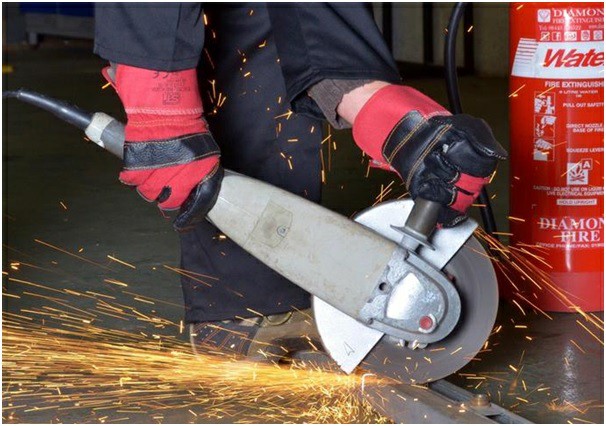


 349,500 Offered Certificates
349,500 Offered Certificates
 24/7 Online Training
24/7 Online Training
 Money Back Guarantee
Money Back Guarantee
 Fully Accredited Courses
Fully Accredited Courses

Created at: 22-02-2025 21:33
Abrasive wheels are vital tools in various industries across Ireland, from metalworks to construction. However, with their usage comes a significant risk that can lead to serious injuries if not handled correctly. Understanding these risks, along with effective safety measures, is essential for every organization. This guide will delve into common hazards associated with abrasive wheels, the potential for workplace injuries, and the best practices to mitigate dangers.
Abrasive wheels are designed to grind, cut, or polish materials through a high-speed rotation mechanism. Despite their utility, there are inherent risks that workers must be aware of:
Accidents involving abrasive wheels can result in a range of injuries, including:
Adopting a proactive approach to safety can minimize risks associated with abrasive wheels. Consider implementing the following practices:
Proper training on abrasive wheels is not just a recommendation—it's a necessity. Training programs offer invaluable insights into safe practices, legal requirements, and operational procedures. In Ireland, organizations can benefit from enrolling in:
Investing in training not only safeguards employee well-being but also enhances overall workplace productivity and compliance with safety regulations.
Many workplace accidents involving abrasive wheels could have been avoided with proper training and precautions. For instance:
The risks associated with abrasive wheels are significant, but they are manageable through diligent safety practices and training. If you’re a business owner or a worker in Dublin, Cork, Galway, Limerick, or Waterford, take action now to ensure a safe working environment. Enroll in an abrasive wheels course today and equip yourself or your team with the knowledge and skills to prevent accidents and ensure compliance with safety regulations. For more information or to register, contact us at [email protected].